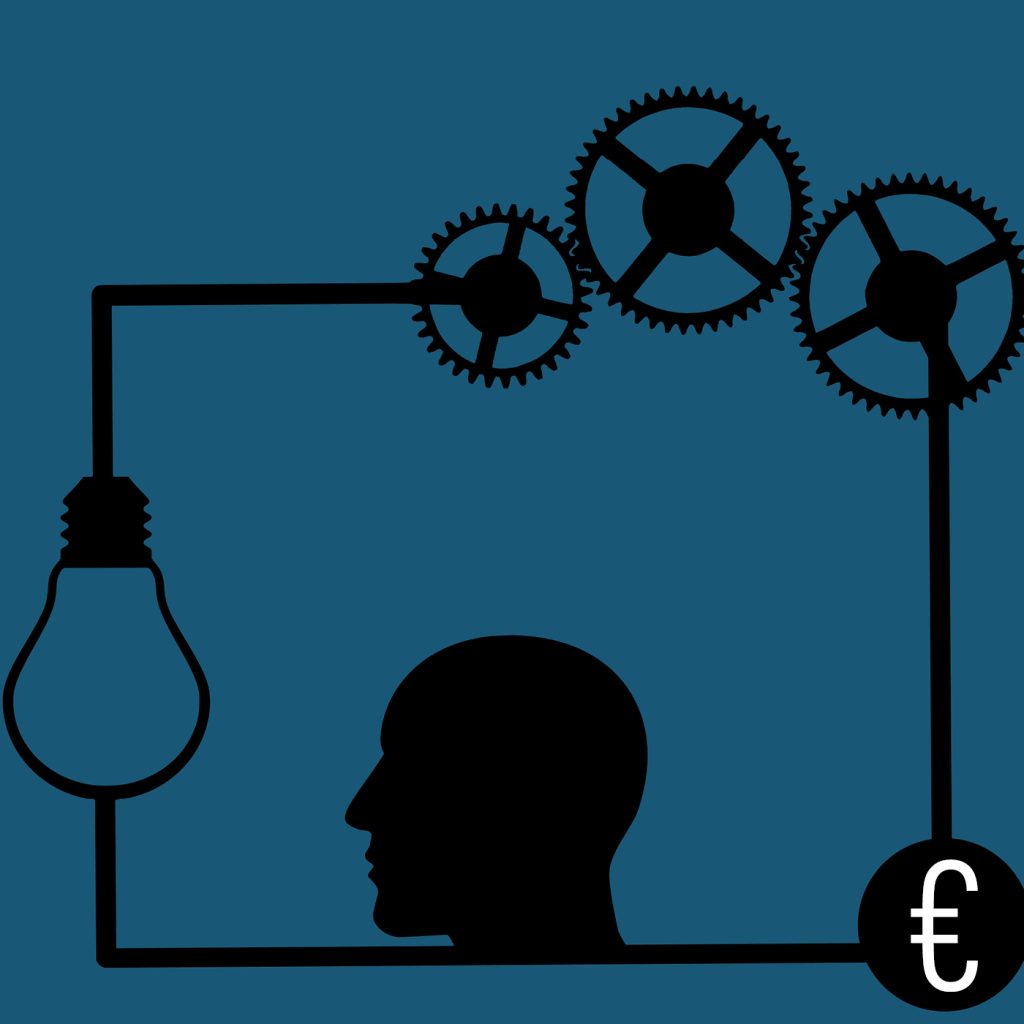[FR] European budget: rediscovering a sense of the long term

Since Europe eliminated barriers to the movement of capital (1990) and the euro was born without its own budget (1999), monetary union has been divided between surplus and deficit countries. This polarisation weakens public investment and reduces long-term growth.
At a time when the Union should be transforming its growth regime to meet social and ecological challenges, Europe has no common strategy for long-term investment. Without mobilising the European budget to create added value for the Union, a new social contract and awareness of a common citizenship will remain out of reach.
Added value for the Union
The Union’s action is justified by the creation of value in addition to that which each member country produces separately. In the current climate emergency, this value must be that of the common goods essential to inclusive and sustainable growth.
The Community started with coal. On the contrary, the European Union is incapable of deciding to move away from fossil fuels. Despite being the driving force behind the Paris Climate Agreement, Europeans are incapable of defining the necessary investment strategy together.
In their logic of ‘fair’ return, the member countries are defending their ‘net balance’ without worrying about the added value of the actions financed. It’s a zero-sum game: over 80% of revenue comes from national contributions and 70% of expenditure is pre-allocated to member countries. In addition, the multiannual framework sets expenditure ceilings for seven years: this rigidity prevents the Union from having its own economic policy or changing it in the face of unforeseen circumstances.
To put the budget at the service of long-term investment, we need to increase the proportion of resources levied directly on economic agents and, in return, reduce to 50% the weight of the GNI resource, a flat-rate “tax” on gross national income, and, on the expenditure side, we need to reduce the proportion of envelopes pre-allocated to Member States within the multiannual framework.
Putting private investment at the service of the common interest
To date, the Juncker plan is the only initiative aimed at awakening productive investment, which has been put to sleep by the constraints of the Treaty on Stability, Coordination and Governance and by the reluctance of private savings. It has broken new ground by establishing an unprecedented collaboration between the European Investment Bank and the Commission: the EU budget is being used to guarantee the first losses on a large volume of private investment.
To ensure the long-term viability of this scheme, public investment banks should be better integrated into the InvestEU Fund, which will take over from the Juncker Plan in 2020. These banks have extensive local expertise and are therefore well placed to identify local investment opportunities, combine national and European financing capacities, avoid duplication and attract private lenders. With their help, InvestEU would have a better chance of producing European added value than if it were based exclusively on the market.
It would also be necessary to focus InvestEU’s action on low-carbon investments with European added value and to introduce a climate conditionality clause to prevent public banks from inadvertently financing carbon-intensive projects.
A window of opportunity
The European elections are a unique opportunity to open a transnational debate on the role of the budget in serving social and ecological priorities, and on a greater role for the European Parliament in annual and multi-annual budgetary choices. Otherwise, the 2021-2027 financial framework currently being negotiated will freeze the Union’s development for ten years. After that, it will be too late. And governments will bear a heavy responsibility for having ignored the climate emergency.
Michel Aglietta, Bernard Barthalay, Nicolas Leron et Eulalia Rubio





